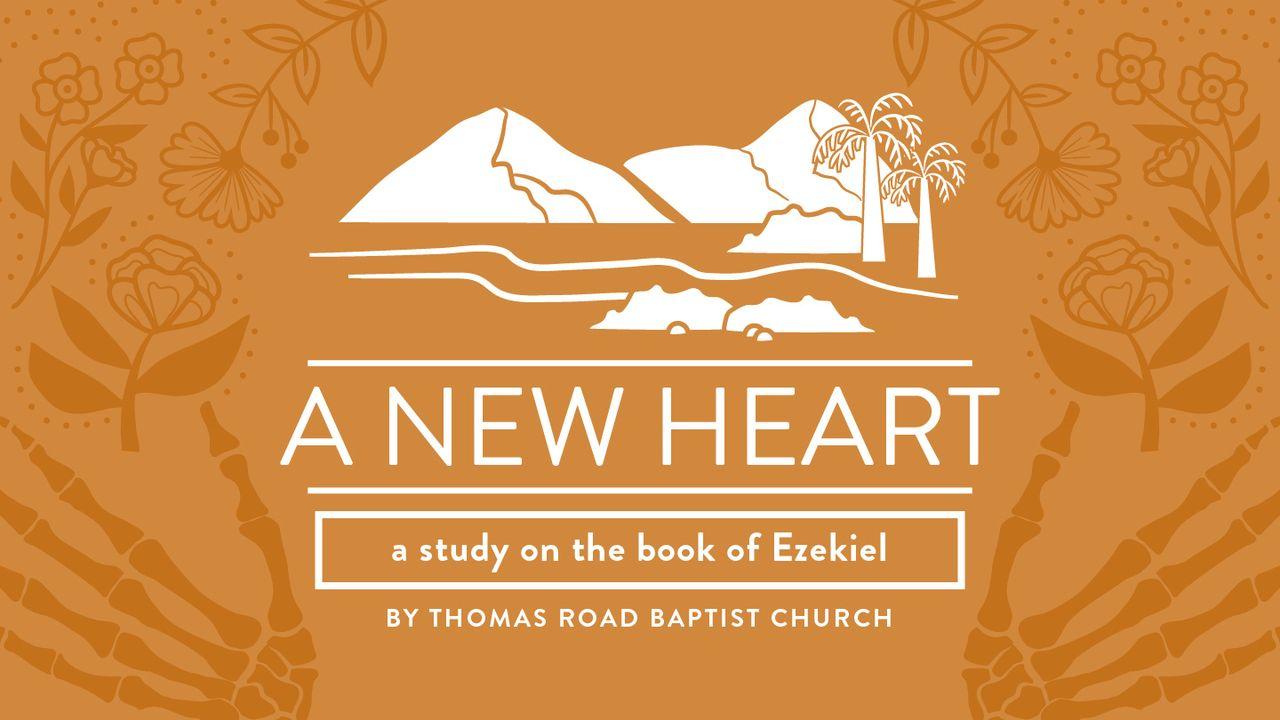A New Heart: A Study in Ezekielគំរូ

What does it say?
Ezekiel’s prophetic vision continued with the destruction of the idolatrous inhabitants of Jerusalem. Only those who grieved over the detestable practices were spared.
What does it mean?
Why would God command so much bloodshed? Sin has a high cost because it offends the holy character of God. The sacrificial system of the Old Testament was His provision to atone for sin and restore communion with His people. For generations, the Lord had mercifully given them one chance after another to repent, but they would not. Each person would now be held accountable for choosing to follow or reject God. Refusing to accept His provision for sin meant paying for it with their lives. Genuine remorse and grief over personal and national sin were evidence of a heart faithful to God.
How should I respond?
Our sin is no less offensive to God’s holiness than Israel’s, and sin still requires a blood sacrifice. God’s compassion for our sinful state is seen at the Cross, where Jesus shed His own blood to pay our penalty. How have you responded to the news that you are a sinner? You alone will be held accountable for accepting or rejecting Christ’s sacrifice on your behalf. If you are a follower of Christ, your heart is “marked” and sealed with the Holy Spirit, who prompts you to turn from things that displease the Lord. Today, how will your life reflect remorse for sin and a heart that is faithful to the Lord?
អត្ថបទគម្ពីរ
អំពីគម្រោងអាននេះ

An exile himself, Ezekiel prophesied to a people whose blindness and hard-heartedness had caused their own destruction. As the Lord’s glory leaves the temple (Ezekiel 10:1-3), we are reminded of the tragic consequences of Israel’s disobedience. Israel’s story, however, will not end in exile and judgment. Ezekiel prophesies of the day when God will cleanse his people of their sin, give them a new heart, and fill them with His Spirit (Ezekiel 36:25-27).
More









